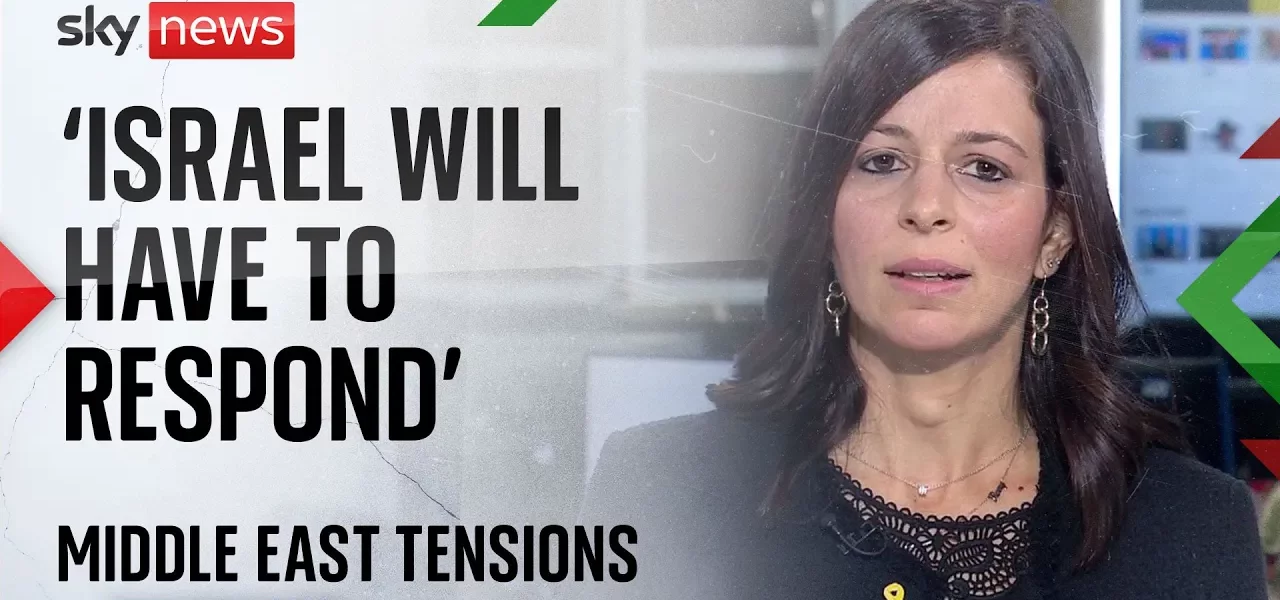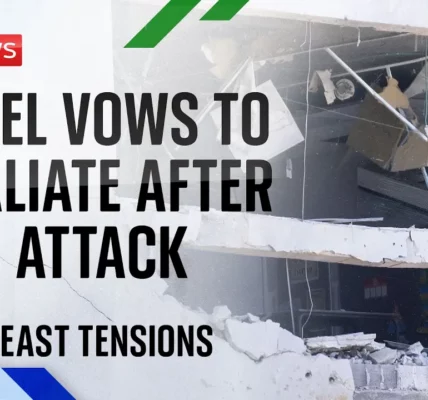Iran’s Largest Attack on Israel: Implications and Responses

This article delves into the recent escalation of violence between Iran and Israel, exploring the context of the conflict, the nature of the attacks, and potential responses from the Israeli government.
Introduction
In a shocking development, Iran launched its largest attack on Israel, marking a significant escalation in the ongoing conflict between the two nations. This attack not only underscores the precarious security situation in the Middle East but also raises questions about the future of Israeli-Iranian relations. Millions of Israelis were forced to seek shelter as missiles rained down, and the implications of this aggression extend far beyond the immediate threat to Israel, potentially impacting the broader regional stability and international relations.
The Recent Attack: An Overview
The recent missile attack on Israel by Iran has been characterized as unprecedented in scale and intensity. The severity of the situation has prompted widespread fear and urgency among the Israeli population.
Details of the Attack
- Millions of Israelis were forced into shelters within minutes of the attack.
- The missiles launched posed an existential threat, with only 12 minutes of warning.
- The attacks have been described as “apocalyptic” by various sources, highlighting the gravity of the situation.
The Psychological Impact
The psychological toll on Israeli citizens is immense. Families are left in a state of constant fear, as the threat of missile attacks looms large. This kind of trauma can have long-lasting effects on a population, leading to increased anxiety and a sense of vulnerability.
Israel’s Response: What Can Be Expected?
In the wake of the attacks, Israeli officials have indicated that a response is inevitable. However, the nature and timing of this response remain uncertain.
Political Context
Israeli Prime Minister Benjamin Netanyahu has emphasized the need for a strong response. The government is faced with the challenge of balancing military action with the potential for escalating conflict.
Potential Military Actions
- Airstrikes on missile launch sites in Iran.
- Targeting of Iranian military infrastructure, including nuclear facilities.
- Covert operations to undermine Iranian influence in the region.
Strategic Considerations
Israel’s military strategy will likely take into account the need to avoid an all-out war with Iran while still demonstrating a capacity for defense. The government is also under pressure to ensure the safety of its citizens, given the scale of the missile attacks.
The Broader Implications of the Conflict
The conflict between Iran and Israel is not just a bilateral issue; it has implications for the entire Middle East and beyond.
Impact on Regional Stability
The ongoing tensions contribute to a volatile environment in the Middle East, where alliances are constantly shifting, and the threat of broader conflict looms. Iran’s actions are seen as a challenge not only to Israel but also to the interests of Western nations in the region.
Human Rights Concerns
Beyond military considerations, there are significant human rights issues at play. Iran’s government is often criticized for its oppressive policies towards women and the LGBTQ+ community, raising ethical questions about support for such a regime.
Conclusion
The recent attack by Iran on Israel marks a pivotal moment in Middle Eastern politics. As both nations navigate this precarious situation, the potential for escalation remains high. Israel’s response will be crucial in determining the future of the region. It is essential for stakeholders to advocate for a peaceful resolution to avoid further loss of life and destabilization. For more information on Middle Eastern conflicts, visit our related articles on the topic.
“`




